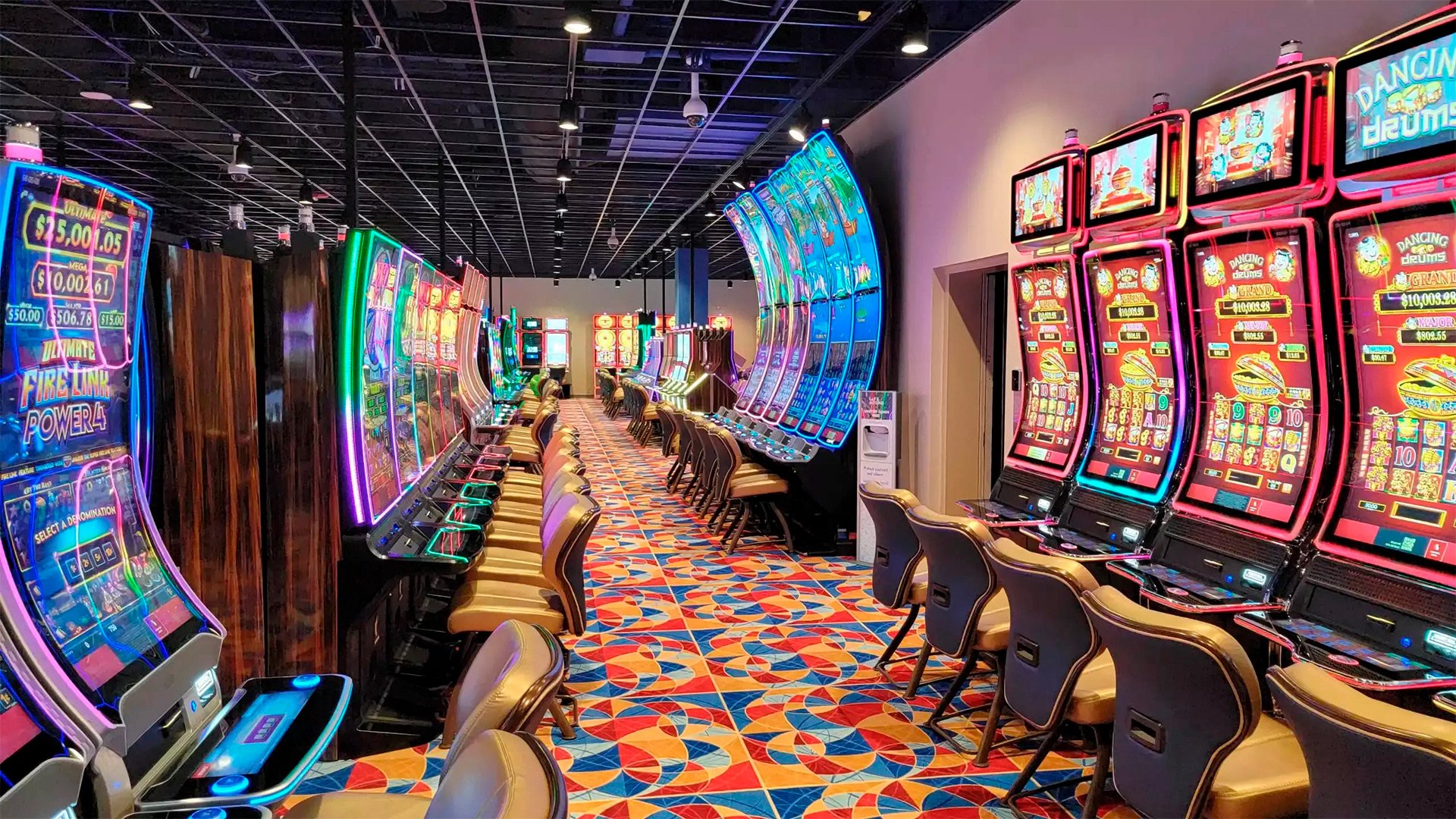
Betting has been an important part of human entertainment for thousands of years, transforming through societies and eras to become the vibrant casino activities we know today. From the historical Chinese and Romans, who engaged in different forms of gambling and luck, to the sophisticated gaming floors of contemporary casinos, the appeal of risk and reward has captivated individuals across the globe. The shift from simple dice games and rudimentary betting setups to the lavish environments of modern casinos reflects major strides in both social norms and technological.
As societies evolved, so too did the complexity of gambling activities, with casino games emerging as a distinct category of leisure and excitement. These activities have evolved from casual gatherings centered around traditional tables to expansive, opulent establishments designed to lure players. Today, we explore this captivating journey, studying how traditional practices laid the foundation for the diverse and thrilling casino activities that bring pleasure to millions worldwide.
spintax
Early Gambling Practices
Gambling has profound roots in human history, with evidence of games of chance originating from ancient civilizations. Archaeologists have uncovered that as far back as 3000 BC, the people of China were using basic forms of betting with dice made from wood. Similarly, ancient cultures of Mesopotamia engaged in betting activities, often relying on the throwing of lots or dice to determine outcomes. These early forms of betting served not only as entertainment but also played crucial roles in social and cultural practices.
The people of Egypt also participated in betting activities, with games that included betting on the results of various events, including sports and spiritual festivals. Artifacts such as dice and depictions of players from ancient tombs show that gambling was a common pastime. It provided both entertainment and a means of engaging in social interaction, often linked to celebratory occasions or significant gatherings. This behavior revealed the universal appeal of chance and rivalry throughout the ages.
In ancient Rome, wagering became a prevalent practice among the people, as reflected by references in literature and the establishment of rules around certain activities. Romans enjoyed a variety of betting activities, from wagering on horse races to playing games akin to modern-day board games. The legal structure surrounding these activities began to take shape, establishing the foundations for gambling regulations that would evolve in the centuries to come. The prevalence of gambling during this period set the stage for the development of gambling house games in the future.
The Evolution of Gambling Games
Gambling games have undergone substantial transformations from their origins to the modern-day entertainment selections. In historical civilizations, gaming was commonly linked to ceremonial practices, with dice games found in the ancient Mesopotamian region and wagering on the outcomes of events in classical Rome. These initial forms of gambling laid the foundation for the organized games we see today. The change from informal gambling to regulated games took place as societies began creating rules and venues for wagering, showing cultural values and practices.
The medieval period saw the emergence of card games, which gained fame among European nobility. Games like the first and the game baccarat became staples in social gatherings. The development of printing technology also facilitated the spread of playing cards, making them more accessible to the masses. As gambling houses began to multiply, these card games developed into variations that catered to wider audiences, eventually leading to the establishment of casinos as specialized venues for gaming.
The 1900s marked a crucial point in the development of casino games, with the ascendancy of commercial casinos in Las Vegas and other gaming hubs. This era brought forth games like slot machines and modern versions of table games, complete with high-quality graphics and complex betting structures. The introduction of online casinos in the late 1990s additionally revolutionized the gaming industry, allowing players to access a great variety of casino games from the safety of their homes. Today, gambling games continue to progress, blending time-honored elements with state-of-the-art technology to create captivating experiences for players around the globe. 79Sodo
Contemporary Gambling Laws
In these years, the environment of gaming regulations has changed significantly, notably as technology and online gambling have become increasingly prevalent. Authorities around the world have implemented multiple laws and guidelines to guarantee that gambling activities are conducted justly, responsibly, and clearly. These regulations often encompass aspects such as permits, marketing, player safeguards, and responsible gaming measures. Authorities aim to minimize issues such as gambling addiction and cheating while fostering a equitable gambling environment.
The growth of internet gambling sites has necessitated a different approach to oversight. Many legal areas have created dedicated internet-based gambling structures that cater to online gambling, enabling operators to offer their services within the law. These structures often require operators to obtain licenses, adhere to strict security standards, and provide customer support options to assist players. By vigilantly monitoring internet activities, regulators can better protect consumers from risks and make sure that gambling is carried out in a protected manner.
Additionally, contemporary gaming laws are increasingly focusing on responsible gambling strategies. Many casinos and internet-based sites now adopt features such as self-exclusion, financial limits, and time-outs to help players manage their gambling habits. Awareness campaigns aimed at educating about the risks of gaming are also widespread. As the sector continues to expand, the focus on responsible gaming remains a cornerstone of governing efforts, reflecting a commitment to promoting a safe and enjoyable gaming experience for all gamblers.